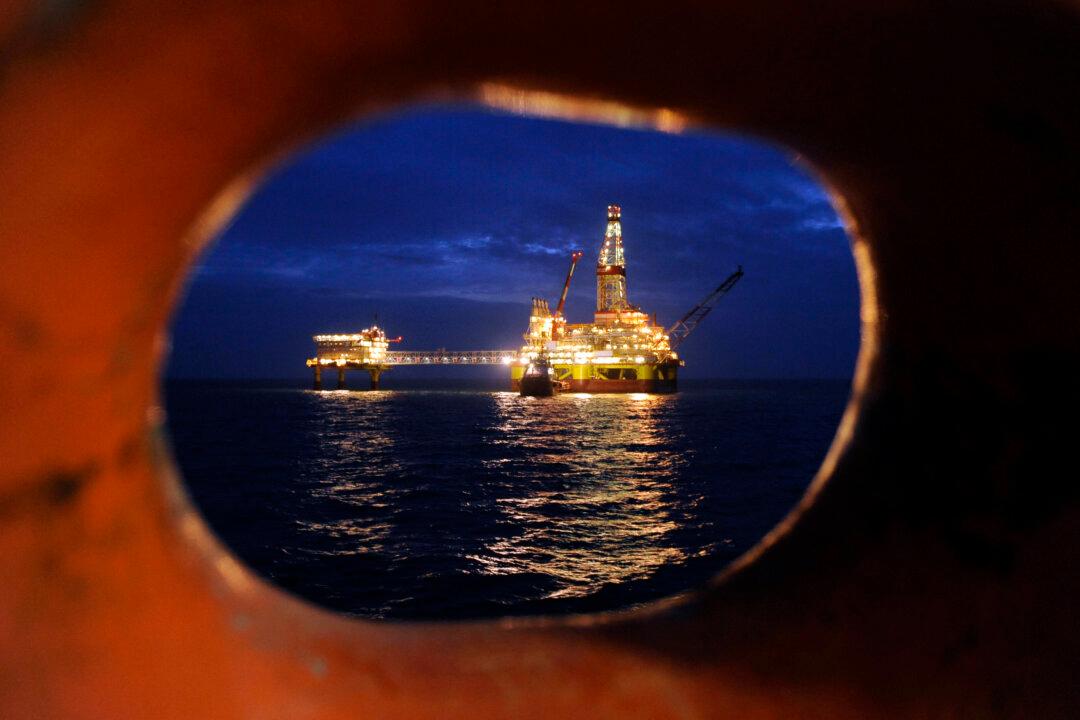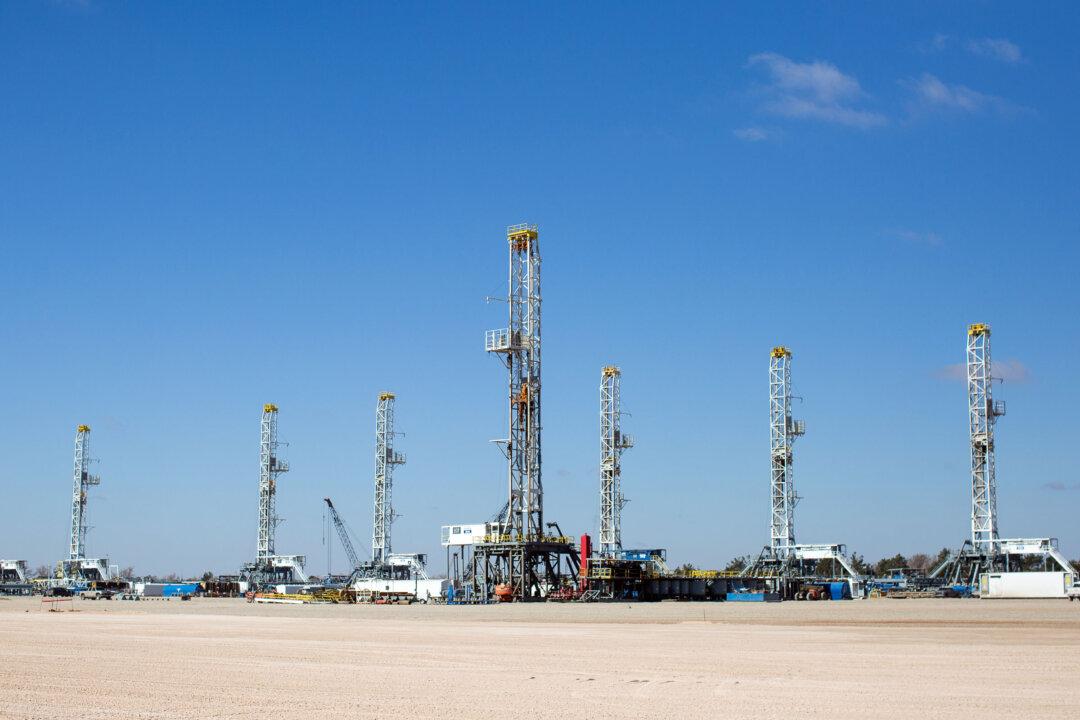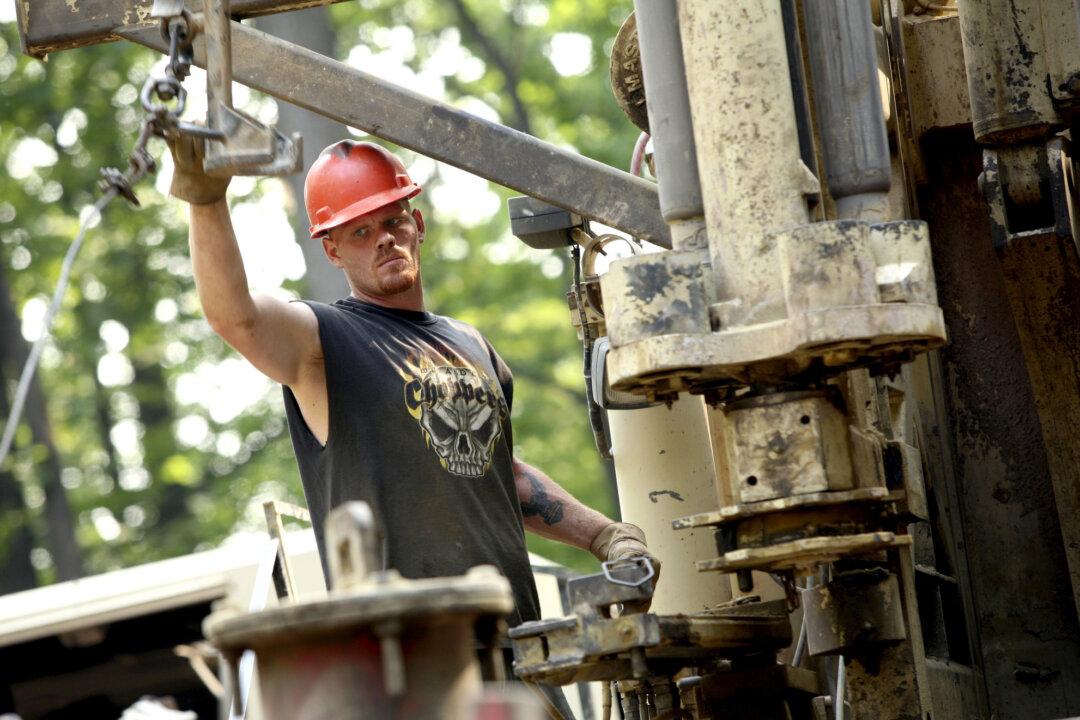The latest U.S. and EU sanctions against Russia will sever the closest area of economic cooperation between Russia and the West: the energy sector.
New sanctions unveiled last Friday against Russia target its banks, energy firms, and defense companies.
These sanctions will cut off some of Russia’s largest companies from accessing European capital markets as well as foreign technologies and services. They are necessary “due to continued Russian efforts to destabilize eastern Ukraine,” according to a statement from the Department of the Treasury.
Russia’s biggest industry is its oil and gas sector, and the latest round of sanctions deal a strong blow to its oil ambitions. The sanctions “prohibit the exportation of goods, services (not including financial services), or technology in support of exploration or production of Russian deepwater, Arctic offshore, or shale projects that have the potential to produce oil,” the Treasury said. In a coordinated effort, the European Union has matched the U.S. sanctions.
Essentially, Russia will be cut off from accessing Western technologies, which it needs to drill in untapped—and difficult to reach—oil reserves in the deep seas of the Arctic.
These sanctions will also have the greatest impact yet on Western companies, as the latest measures stop Western oil companies from working with their Russian counterparts on future oil drilling and exploration, which could threaten future earning potential. Current oil production is not affected.
Impact on Exxon Mobil
The new sanctions dampen ambitions of Irving, Texas-based Exxon Mobil Corp., which has a $500 billion joint venture with Russian oil giant OAO Rosneft to drill oil in the Arctic.
The timing is impeccable. The joint venture’s first well began drilling oil in Russia’s Kara Sea last month, and under new sanctions requirements, Exxon Mobil has until Sept. 26 to stop operations. The well cost $700 million.
On the first day of drilling, Rosneft CEO Igor Sechin—who is personally named in the August sanctions—called the Kara venture “the most important event of the year for the global oil and gas industry” according to Russian reports.
Drilling began in August, and was expected to continue for a few months before the Russian winter. While the Kara drilling is not expected to yield meaningful oil in the near future, it was a first step in what Exxon and Rosneft hoped to be a lucrative venture.
In 2012, Exxon entered into a $3.2 billion deal with Rosneft to gain access to portions of the Russia-controlled Arctic, which could yield billions of barrels of oil in the future.
The drilling stoppage isn’t likely to hurt Exxon in a material way in the near future, as the amount it spent in Russia is a small portion of its total exploration costs. However, a significant delay in drilling will discount Exxon’s stock valuation.
Shares of Exxon Mobil declined $1.25 (1.29 percent) on the New York Stock Exchange, to $95.78, last Friday.
Existing BP, Shell Concerns
British oil giant BP Plc has a 20 percent ownership stake in Rosneft.
In a financial disclosure earlier this year, BP had already warned that further Russian sanctions could dent its business prospects. Out of all the Western oil giants, BP has the biggest Russian presence. Thirty percent of its global oil production comes out of Russian territories.
The Hague-based Royal Dutch Shell Plc has a 28 percent interest with Russian gas giant OAO Gazprom in the Sea of Okhotsk. It also has a joint venture with Gazprom in Bazhenov, a Siberian shale formation with high potential for shale oil similar to the Bakken shale in the United States.
Chevron Corp. and ConocoPhillips also have projects in Russia, which could potentially be affected by sanctions.




